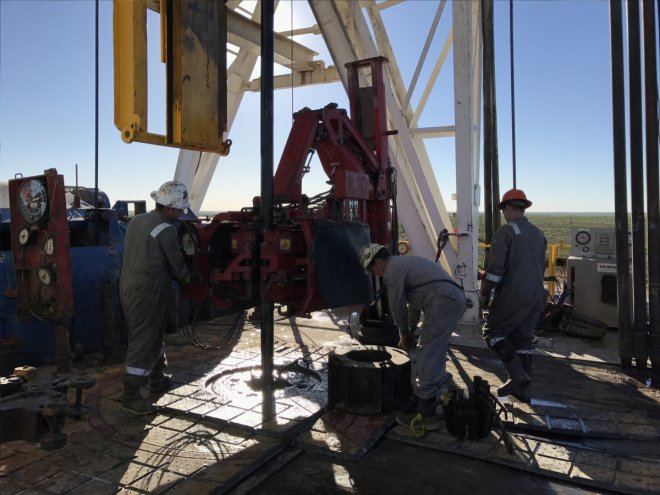
If you live in Texas and wonder why you have faced unnatural incease in the number of earthquakes, then you must know that a group of US researcher have published a new study in the journal, Science Advances, blaming it squarely on local petroleum industry.
The study stated that the oil and gas industry is the main culprits to cause such earthquakes. In two different areas, researchers proceeded two campaigns to dig up the truth behind unnatural quakes. While the first research held in Fort Worth Basin in Texas, the other one took place in the northern Mississippi region.
The lead author of the recent study and the seismologist from Southern Methodist University, Beatrice Magnani told Scientific American, "There hasn't been activity along these faults for 300 million years. Geologically, we usually define these faults as dead."
In the research paper, the authors have also stated that when the waste water from extracting natural gas goes through the faults, it might have triggered unnatural earthquakes.
Mark Zoback, the expert on seismicity at Stanford University said that "the injections can't put energy into the ground. The energy has to be there already and the injection just triggers its release."
Even though some scientists claim that the injection of wastewater from oil and gas production into deep wells are the real cause behind these unprecedented surges of earthquakes, some argued to the point and believes all these are natural.
According to The Washington Post, Magnani, who studies earthquakes at Southern Methodist University in Dallas has also said, "It's been a head-scratching period for scientists."
"To our knowledge, this is the first study to discriminate natural and induced seismicity using classical structural geology analysis techniques," the authors said in the study.
On the other hand, the University of Texas at Austin's website has stated: "In some parts of Texas the majority of earthquakes epicentres occur near active petroleum fields or injection wells," which actually supports the recent study of Magnani and his fellow researchers.
"Fortunately, the vast majority of petroleum fields and injection wells do not cause earthquakes, and the majority of human-caused earthquakes are small and harmless," the website further added.
Since 2008, Texas, Oklahoma, Kansas and some other states have faced frequent earthquakes in the region. Even in June, a Texas town had experienced the move of Earth's surface after 140 years.
Although the ongoing earthquakes are not dangerous in nature, the Mayor of Cleburne Ted Reynolds blamed the drilling activity in the area and said, "we haven't had a quake in recorded history and all the sudden you drill and there are earthquakes."









